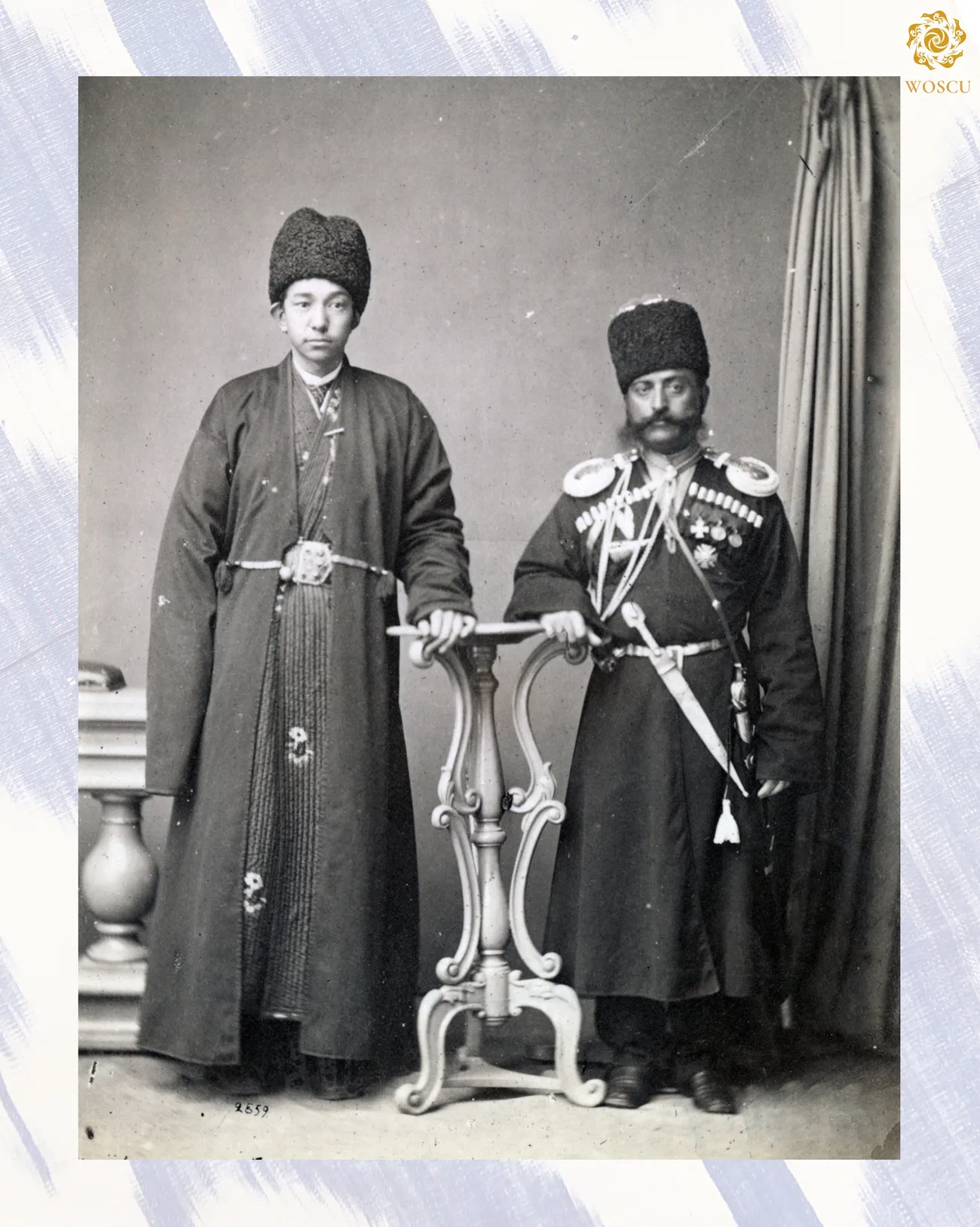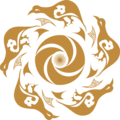The time of his reign was relatively short and even more hectic than his father’s. He had to tighten relations with Russia hoping that Russia would help with inter-clan and inter-tribal struggle. Isfandiyar Khan repeatedly visited St. Petersburg, was promoted to the rank of major general and was awarded Russian orders – the orders of St. Stanislaus of the 1st class and St. Anna of the 1st class, when he was still a tuyrya – a heir. Already after coming to power, in 1911, he was also awarded one of the highest imperial awards – the Order of the White Eagle, which in due time was granted to his father. In 1918, Isfandiyar Khan was killed in a coup d’état.
You can learn more about the topic in the book-album “Uzbekistan in historic photographs of the 19th - early 20th centuries in the collections of Russian archives” (Volume XXXVII) in the series “Cultural Legacy of Uzbekistan”.
The general sponsor of the project is the oilfield services company Eriell-Group.

